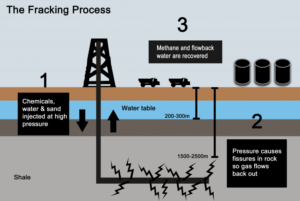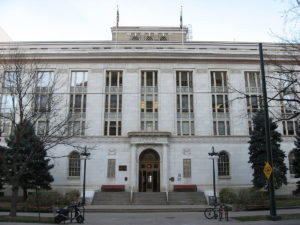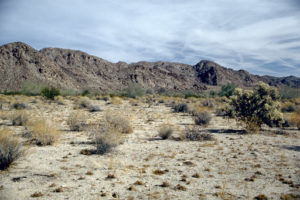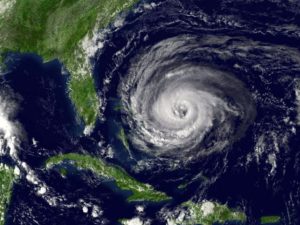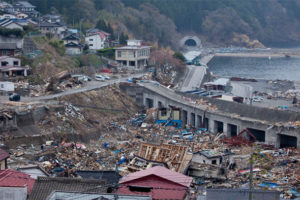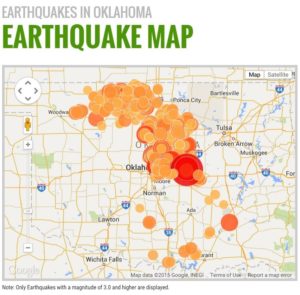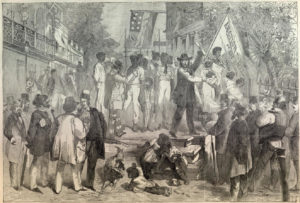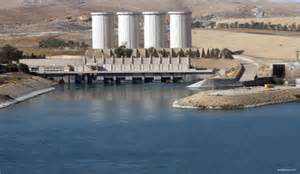Fragmentation
Our current political situation illustrates the divisions in American society. The gaps between urban and rural, the coasts and the flyover region, north and south, races, wealthy and poor, and, these days, male and female show the fragmentation. It exists at all levels. To a large extent, we have always been a diverse society but many of the bonds formerly holding us all together have dramatically weakened.
Fraternal organizations such as the Masons, Odd Fellows, Elks, Eagles, Moose, Eastern Star, and the Veterans organizations are rapidly dying. Masonic temples are replaced by apartment complexes. Labor unions continue to shrink, a trend which accelerated in the 1980’s. Church membership continues to decline.
Yes, we come together for concerts, sporting events, and even political marches. Youth soccer leagues and youth sports in general seem to be growing.
Bowling Alone by Robert Putnam is a book about the phenomenon. Published in 2000, it remains the premier study of increasing social isolation. Bowling leagues used to be an activity bring millions together to compete, bond, and have fun. Bowling has increased, bowling leagues have declined. Bowling, lodge night, churchgoing, and club going are dying.
This is not a new trend. Max Weber, in the early twentieth century outlined the trends as stemming from urbanization. In small communities, everyone belonged. I pretty much knew everyone in my small Western Colorado town where I grew up. In the city, I don’t know my neighbor across the street. Crowds but not much connection.
Mass communication is also responsible for the fragmentation. When I was a kid, listening to the radio on Sunday evenings was a standard ritual. Amos and Andy, Jack Benny, The Shadow, and the other programs were standard conversation. To hear the radio programs in rural Colorado, we had to tune in to KRLD in Dallas. On Monday, everyone talked about the programs. In more recent times, Seinfeld and Game of Thrones seem to be the big ones.
Today, we are online or in front of the TV. At home, we mostly watch reruns of the good programs from the 1990s through the 2000s. I am embarrassed to tell you much time I spend with this iPad I am pecking on.
I follow Facebook, the New York Times, Words With Friends, and entirely too much You Tube. I am not alone in this.
Music brings us together. Several of us attend performances at the Newman Center on the DU campus every year. We even talk to each other about what we saw. Music has several genres, rock and roll, classical, country, pop, and oldies are examples.
Music had a tremendous influence on the protest movements of the 1960s and early 1070s. Bob Dylan, Joni Mitchell, Joan Baez, Judy Collins (a Denver native), the Beatles, the Stones, Buffalo Springfield, and many others spread the message on FM radio. The music brought huge numbers together in protest of most everything. The mud and chaos of Woodstock and the violence of Altamont can stand as cornerstones of the movement. “Hey Hey, LBJ, how many kids you kill today?”.
Yes, the other music styles were there at the same time, but we tend not to remember them. Today, the music has also fragmented. At my age, I can’t begin to tell you how many sub-genres there are. I sure don’t know the band names. Music once was a unifying force. Not today.Without personal connections, loneliness grows. Loneliness breeds anger. Anger spreads into politics, and here we are. Watch out, there may be more mass movements lacking a bond of hope. Fox news may be in the vanguard.


